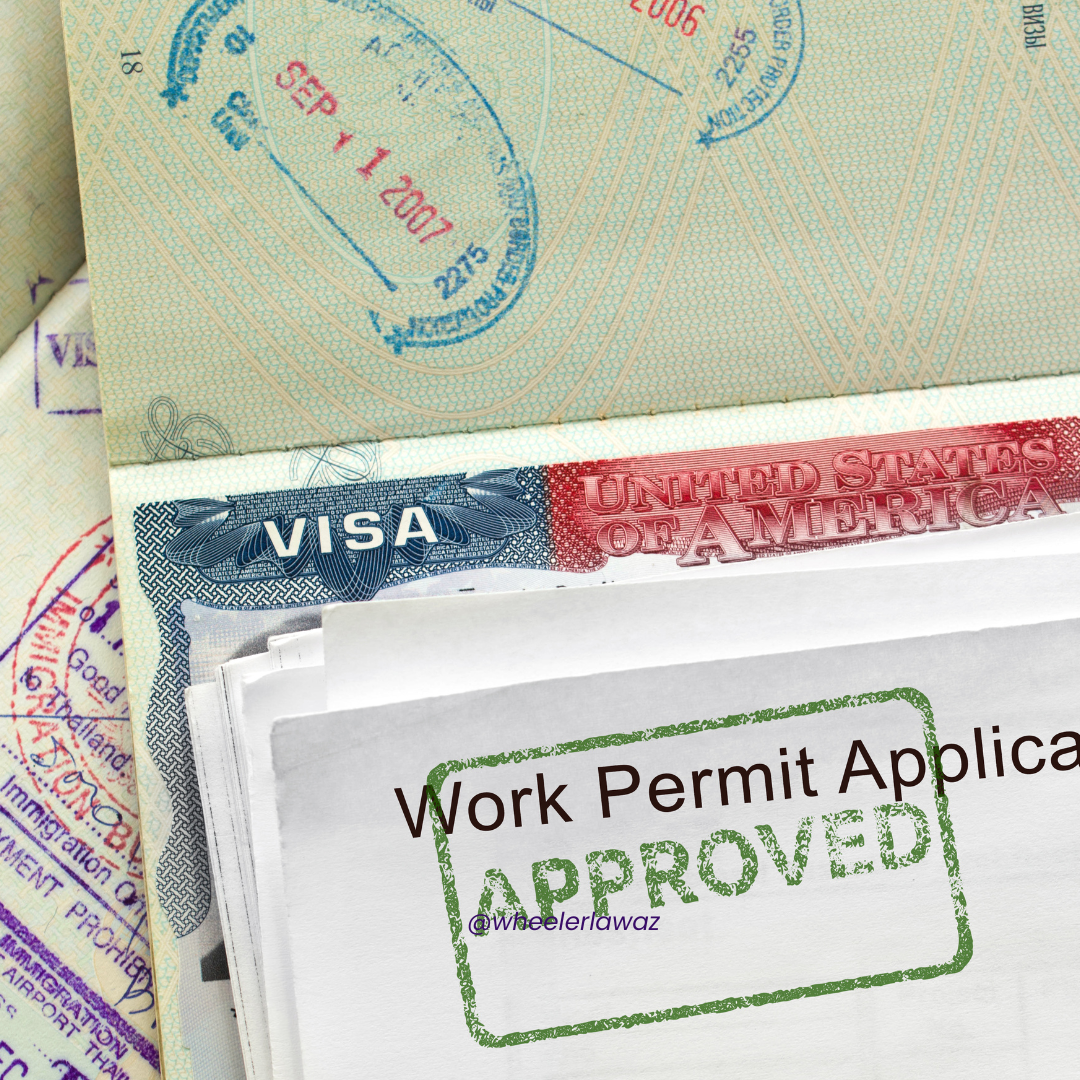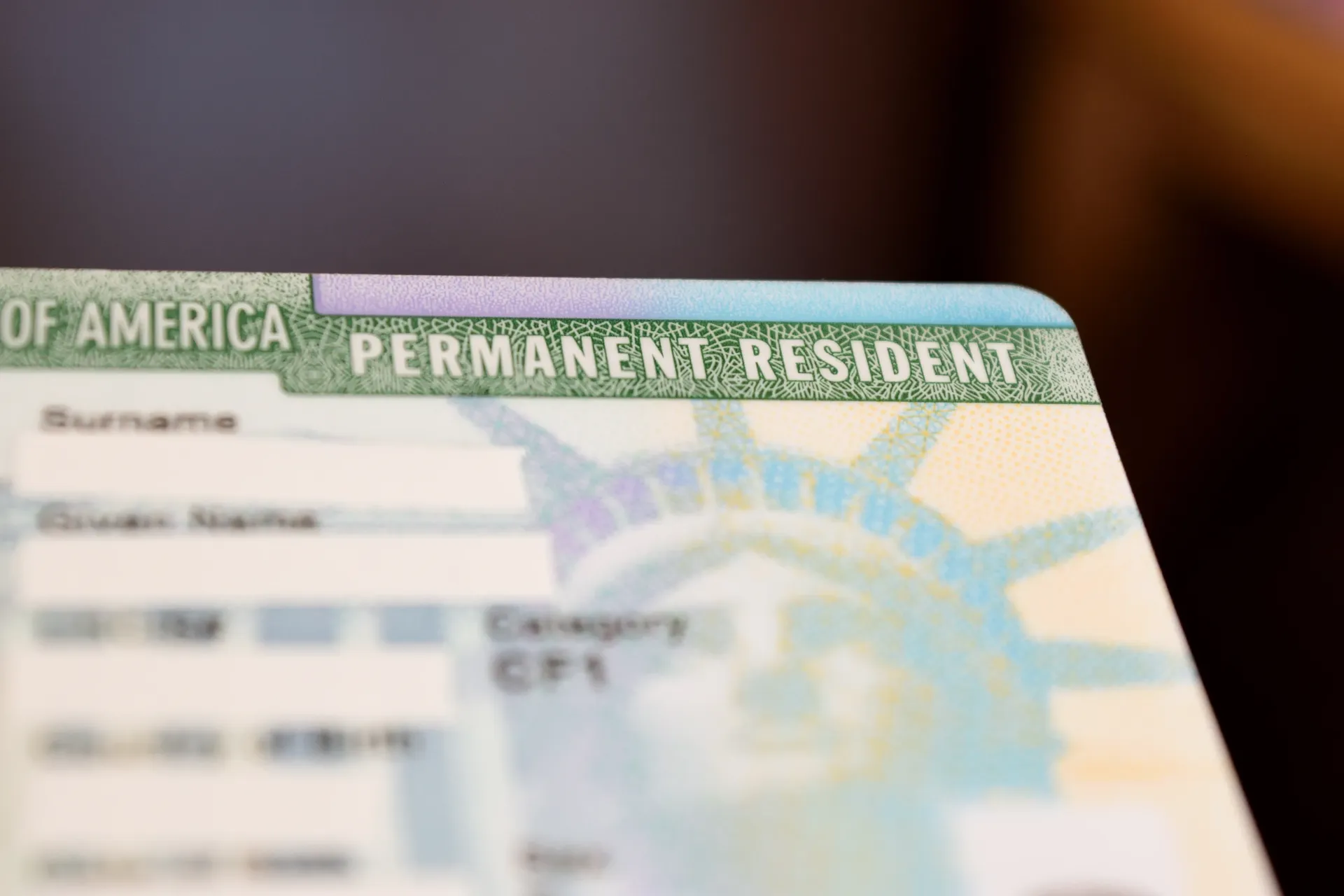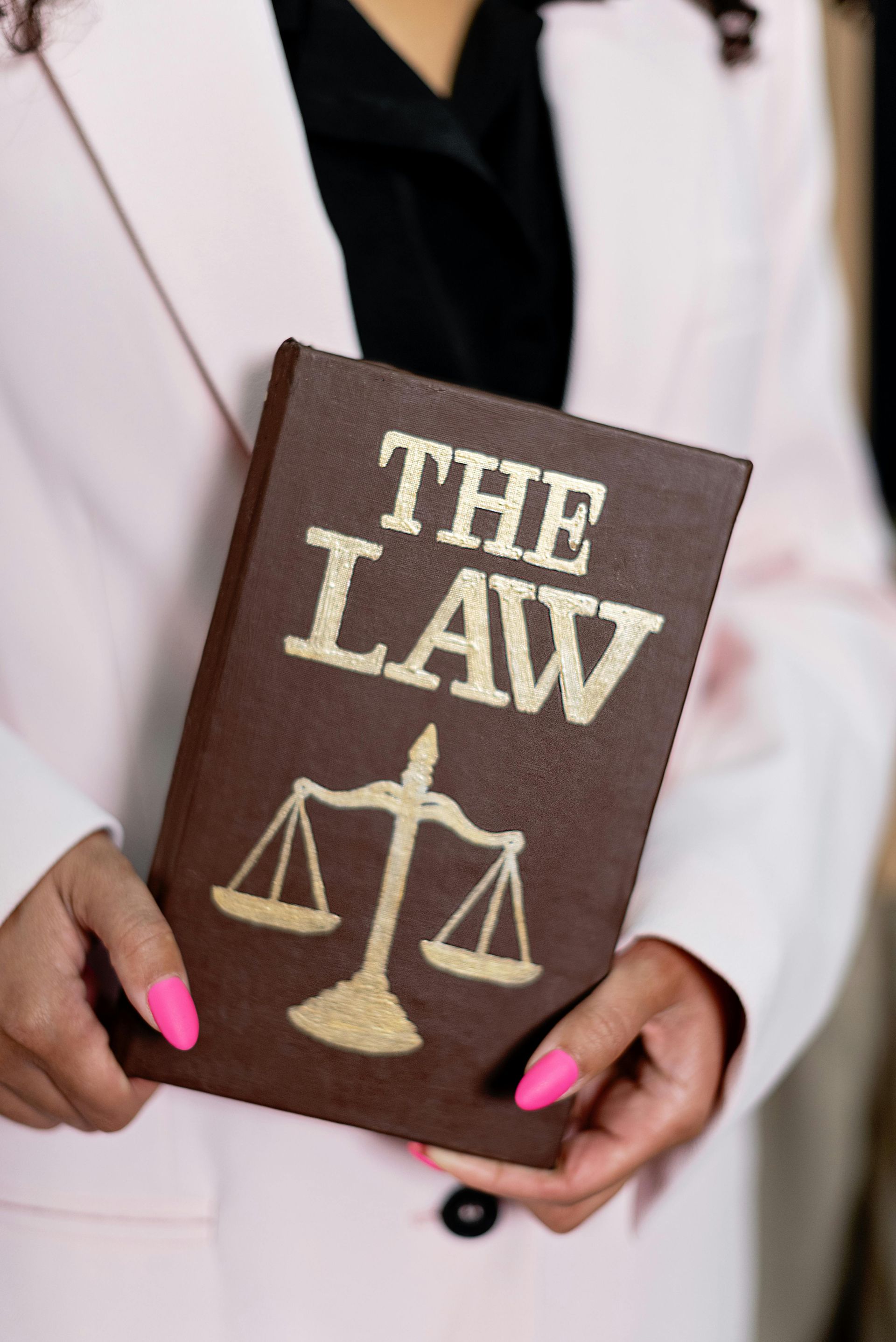Contact Us
Phone: 602-586-5625
Location
7227 N. 16th Street
Suite 195
Phoenix, Arizona 85020
Hours
- Mon - Fri
- -
- Sat - Sun
- Closed
What is the Public Charge Rule?
What is the Public Charge Rule?
On December 23, 2022, the Department of Homeland Security's (DHS) Public Charge Ground of Inadmissibility final rule went into effect. Based on this new rule, an immigrant applying for a visa, admission, or adjustment of status application must demonstrate that he or she, and their family, is not likely at any time to become a "public charge."
A public charge is defined as a "noncitizen who is likely to become primarily dependent on the government for subsistence," such as receiving SSI, cash assistance under TANF, or general assistance from state/local programs. However, there are many exceptions to this rule. For example, USCIS will not consider an applicant's use of certain public assistance programs such as nutrition programs, health programs, housing programs, education and childcare programs, disaster relief programs, earned benefits, or certain other public benefits.
To determine whether someone will be a public charge, immigration officials will look at an applicant's age, health, family status, assets, resources, financial status, education, and skills. Applicants are now required to provide additional information on their I-485 Application for Adjustment of Status about the size of his or her household, annual household income, total value of household assets, and information regarding education, certification and licenses.
The new public charge rule does not apply to the following applicants:
- Asylees and refugees;
- Amerasian immigrants at admission;
- Afghan and Iraqi interpreters or Afghan or Iraqi nationals employed by or on behalf of the U.S. government;
- Cuban and Haitian entrants at adjustment of status;
- Applicants seeking adjustment under the Cuban Adjustment Act;
- Nicaraguans and other Central Americans who are adjusting status to LPR;
- Haitians who are adjusting status to LPR;
- Lautenberg parolees;
- Special immigrant juveniles;
- Applicants for registry;
- Applicants seeking Temporary Protected Status (TPS);
- Certain nonimmigrant ambassadors, ministers, diplomats, and other foreign government officials, and their families;
- Human trafficking victims (T nonimmigrants);
- Victims of qualifying criminal activity (U nonimmigrants);
- Self-petitioners under the Violence against Women Act (VAWA);
- Certain battered noncitizens who are “qualified aliens” under PRWORA;
- Applicants adjusting status who qualify for a benefit as surviving spouses, children, or parents of military members;
- Noncitizen American Indians born in Canada;
- Noncitizen members of the Texas Band of Kickapoo Indians of the Kickapoo Tribe of Oklahoma;
- Nationals of Vietnam, Cambodia, and Laos applying under the Indochinese Act;
- Polish and Hungarian Parolees;
- Certain Syrian nationals;
- Applicants adjusting under the Liberian Refugee Immigration Fairness (LRIF) law; and
- Any other categories of noncitizens exempt under any other law from the public charge ground of inadmissibility provisions under INA 212(a)(4).
Call today to schedule a consultation with an experienced immigration attorney to determine whether this new rule applies to you and to develop the most effective strategy for your application for residency to be successful.





Schedule a Case Evaluation
Contact us now!
Disclaimer: The information on this website is for general information purposes only. Nothing on this site should be taken as legal advice for any individual case or situation. This information is not intended to create, and receipt or viewing does not constitute an attorney-client relationship.
All Rights Reserved | Wheeler Law | Powered By Convert It Marketing | Privacy Policy
All Rights Reserved | Wheeler Law | Powered By Convert It Marketing | Privacy Policy




